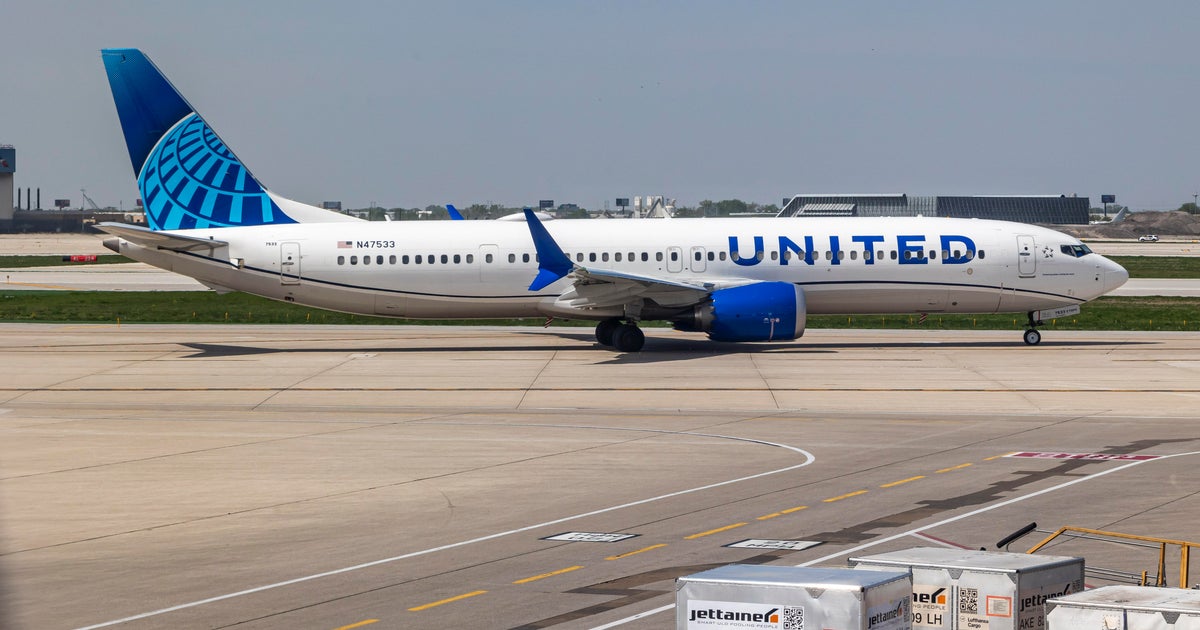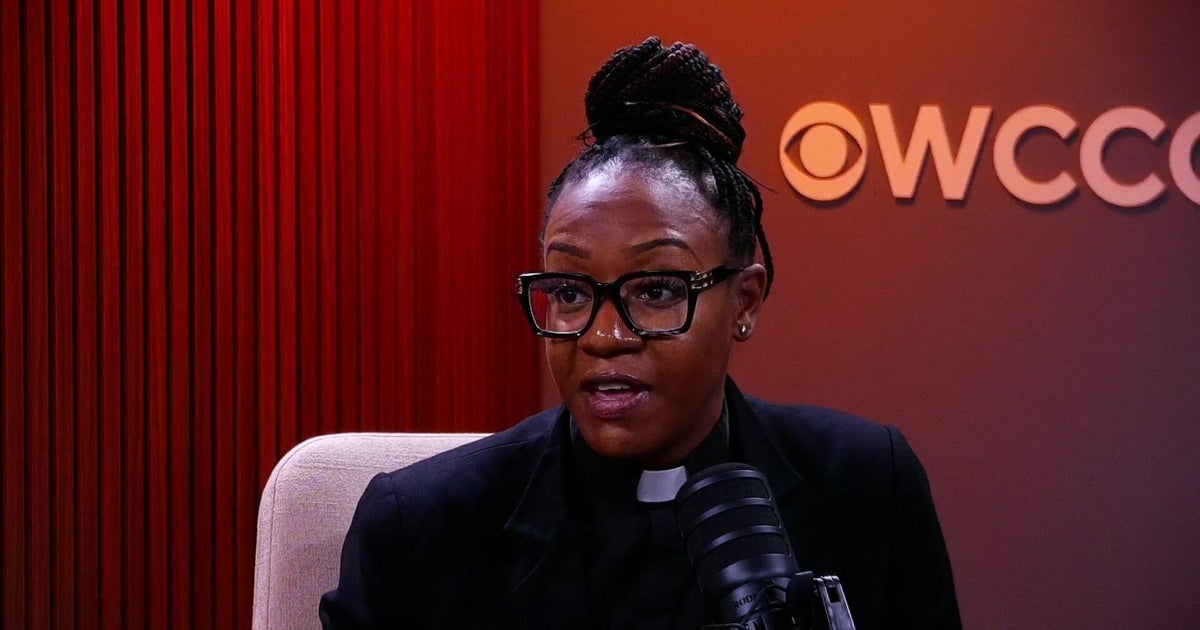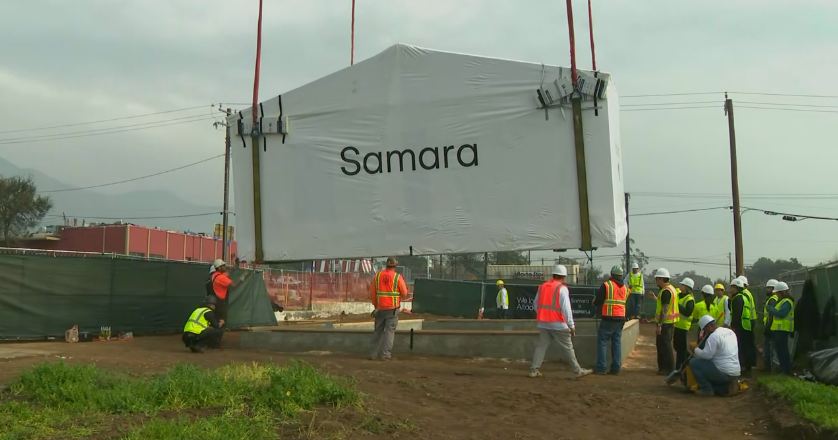San Francisco Recreational Pot Sales Begin as Cannabis Industry Shrugs Off Sessions' Policy
SAN FRANCISCO (CBS/AP) -- Marijuana dispensaries in San Francisco began selling recreational pot for the first time Saturday morning.
Six dispensaries confirmed that they're selling recreational marijuana and all received their state licenses to sell on Friday.
One of them, Apothecarium, held a ribbon-cutting ceremony with local politicians and even offered a 20 percent discount for people who brought their mothers.
Eliot Dobris, head of community outreach at Apothecarium, says the business wanted to show that dispensaries are "respectable places that you can be proud to bring your mom to."
Recreational marijuana became legal in California on Monday but some municipalities hadn't authorized shops in time for them to sell right away.
DOJ POLICY REVERSAL
This week's announcement that the U.S. Justice Department was ditching its hands-off approach to states that have legalized marijuana initially sent some in the industry into a tailspin, just days after California's $7 billion recreational weed market opened for business.
But for long-term pot purveyors accustomed to changing regulatory winds, the decision was just another bump in a long and winding road to proving their business legitimacy.
Many in the industry said they're keeping a wait-and-see attitude because the effect of Sessions' announcement depends on whether federal prosecutors crack down on marijuana businesses operating legally under state laws. Attorney General Jeff Sessions provided no details other than saying individual U.S. attorneys are authorized to prosecute marijuana operators as they choose.
Stocks of publicly traded marijuana-related companies plunged Thursday after Sessions announced the Justice Department's new policy. On Friday, though, many of those stocks recovered.
"The announcement was largely symbolic," said Patrick Moen, general counsel of Privateer Holdings, a Seattle-based venture capital firm that invests in marijuana businesses. "This kind of stunt will not have a substantial effect on the industry."
Moen noted Sessions' action doesn't change federal law, which includes a congressional provision barring authorities from spending federal money to prosecute medical marijuana operations that abide by state laws.
He conceded that the action would have a "near-term chilling effect" on the industry's lobbying effort to compel banks and insurance companies to accept its business. Banks and insurance companies refuse to do business with cannabis companies because marijuana is illegal under federal law and most financial institutions are federally insured, forcing marijuana businesses to operate in cash.
Most of Seattle-based Privateer's $150 million in investments are in companies based outside the United States, and Moen conceded that Sessions' action Thursday would keep it that way for the short term because of regulatory uncertainty in the United States. Online news and marijuana information site Leafly is the firm's biggest U.S. investment.
In Colorado, CEO Andy Williams said the announcement that he's open to prosecution could turn years of work and millions of dollars of investment in his store Medicine Man Denver into a criminal enterprise. He said Sessions' action goes against the will of Colorado voters, who legalized marijuana in 2014.
"Any action by the attorney general goes against the public sentiment," he said. "I don't think it's a smart move. Of course, we haven't seen what it is yet, so we'll wait and see."
The share price of Medicine Man dropped nearly 40 percent Thursday, from $3.18 to $2.11. The stock closed up Friday at $2.28 a share.
Don Morse, director of the Oregon Cannabis Business Council, said he expects "business as usual" in Oregon's marijuana industry despite Sessions' policy.
The U.S. Attorney for Oregon, Billy J. Williams, indicated he would maintain the same level of enforcement with state and local authorities by focusing on unlicensed production of marijuana and smuggling to other states.
"Legal marijuana has become so entrenched in the U.S. — it's a multibillion-dollar industry — and I don't see the people who are behind this, people like myself, rolling over for the Justice Department, which means Congress will have to act," Morse said. He said Congress should declassify marijuana as a Schedule 1 dangerous drug.
Morse said he believes the same federal provision that bars prosecution of medicinal marijuana operators also protects the recreational side to some extent, because "it is difficult to distinguish one from the other."
Cannabinniers, a San Diego maker of marijuana-infused food and drink also expects slower investor interest in the short term.
"At this point, we have no details about what the attorney general plans to do or what is going to happen, but regardless this is going to slow down investment in one of the fastest-growing industries," said Jeffrey Paul, vice president of sales for Cannabinniers.
© Copyright 2018 The Associated Press. All Rights Reserved. This material may not be published, broadcast, rewritten or redistributed







